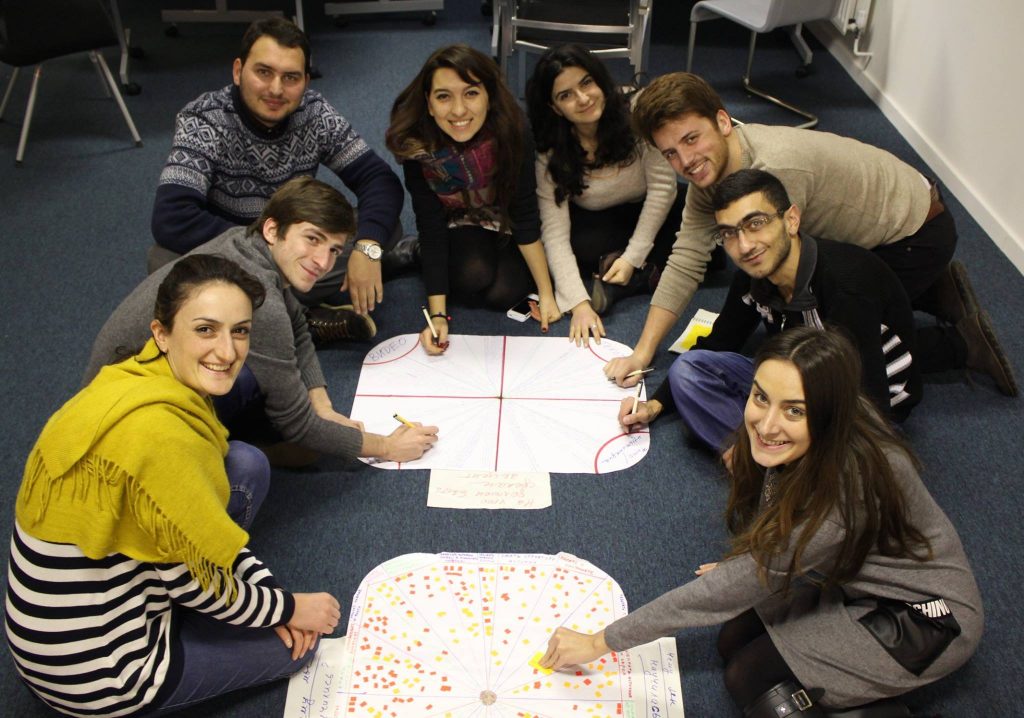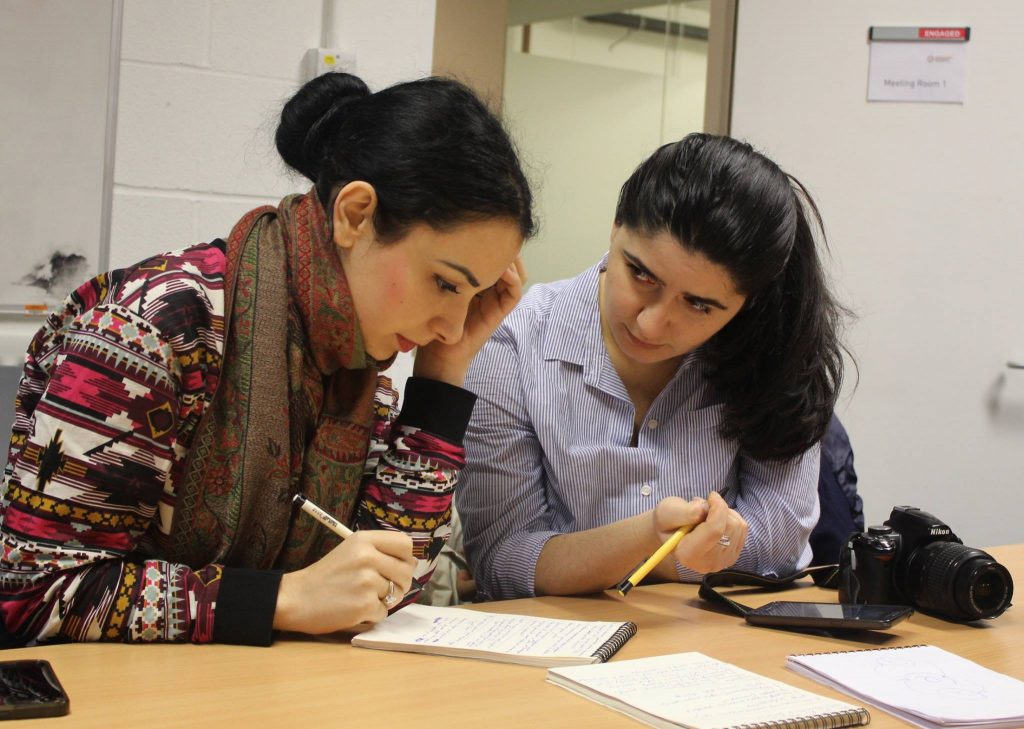The course syllabus is based on three key modules:
– Creative writing / investigative journalism
– Conflict analysis / reporting
– Photography / multimedia
– Video / TV / documentary production
The school is designed for active professional journalists. Even they usually need to brush up on understanding of many fundamental issues related to modern genres, journalistic ethics and international media standards. Although these important issues are not put in a separate module, they are paid considerable attention to throughout the course.
Students and Alumni
CAC School would-be students shall go through a tough competition. Young journalists from each region of the South Caucasus are selected each year. Preference is usually given to the applicants, whose cover letters clearly demonstrate that: – journalism is exactly what they associate their future with; – they are at the outset of their career; – they are truly interested in developing their competence in compliance with the toughest international standards; – have sufficient command of the Russian language so as to be able to understand the trainers and communicate with them (writing in any other language is possible).







